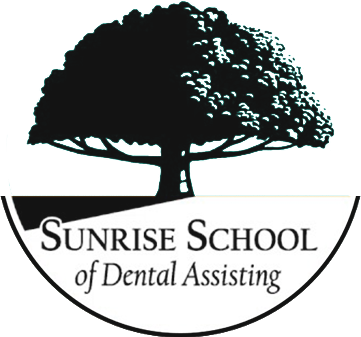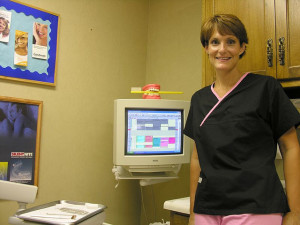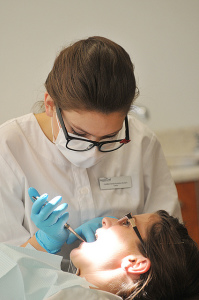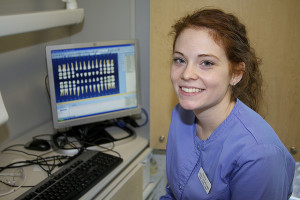
As a dental assistant, you will be working primarily with one or more dentists to perform various procedures on patients. Usually, when patients have a question about their dental insurance coverage, they will be referred to the front desk staff for clarification and explanation. Occasionally, however, you may encounter a question that you can answer on your own. Here’s a simple overview of how dental insurance works.
Annual Maximums
Most dental insurance companies impose a maximum when it comes to the amount of money they will pay each year per member. As it gets toward the second half of the year, many patients begin to approach this maximum. For example, if a patient’s maximum allowance is $1,000 and $800 has already been paid by the insurance company, then a maximum of $200 is left to apply toward other procedures. If a patient says that he or she is “close to the maximum,” this may mean that certain procedure will need to be put off until the following calendar year, or that the patient will need to speak with the person in charge of financing in your dental office.
Deductibles
Similarly, many companies require a member to pay a deductible, or a certain set dollar amount, prior to any benefits being paid in a particular calendar year. Sometimes this deductible is waived for preventative services, such as x-rays or cleanings. Other times, it’s not. In some dental offices, the front desk staff will include a note as to whether or not a patient’s deductible has already been met. If this is the case in your office, you might be able to let your patient know if it’s been satisfied if he or she asks.
Percentages Paid
If your patient has a PPO dental plan, the insurance company will generally cover a percentage of each procedure or treatment performed. A common breakdown is that 100 percent of preventative and diagnostic procedures are covered, 80 percent of fillings and root canals, and 50 percent of major restorative procedures like crowns and inlays. Since all insurance companies differ, however, this is definitely not the case for all patients. A question like this usually needs to be referred to the person in the office in charge of billing and insurance queries.
As a dental assistant, it’s great when you’re able to answer your patients’ questions. While having a grasp of the basic idea behind dental insurance coverage is good, it’s usually not a dental assistant’s job to understand the ins and outs of each plan. Knowing some of the terminology used can help you answer some of your patients’ general questions, and it can also allow you to understand what the front desk staff is talking about in discussions about whether a procedure is covered (or not covered).









